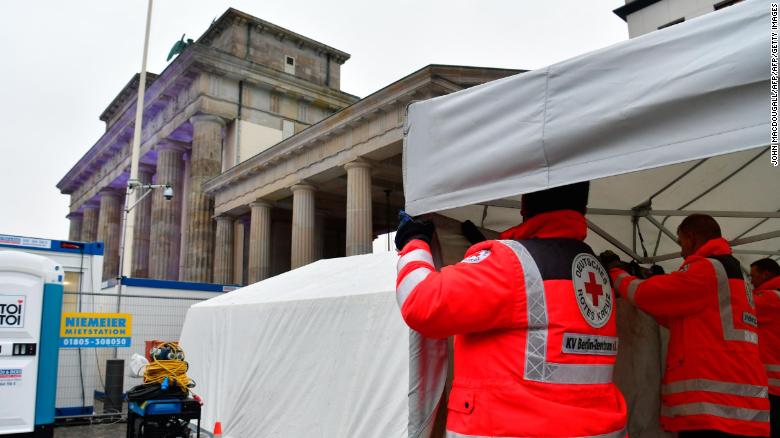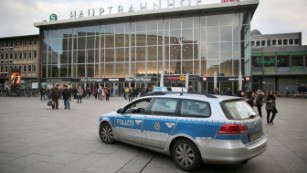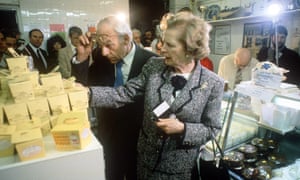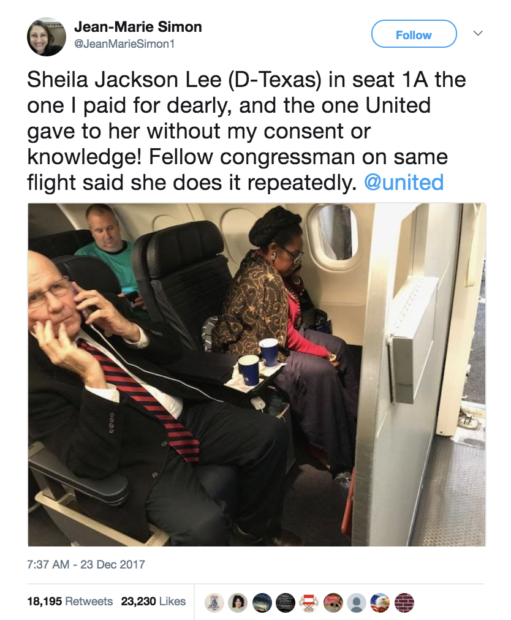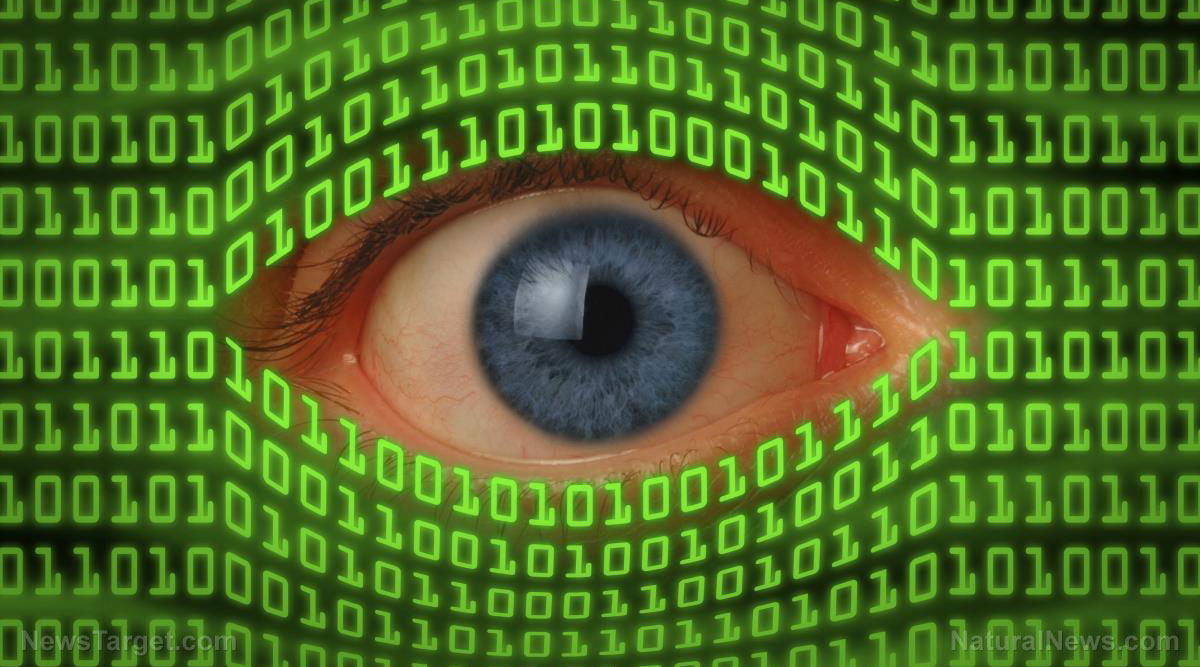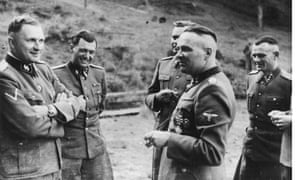
SS officers at Auschwitz in 1944. From left: Richard Baer, who became the commandant of Auschwitz in May 1944, Josef Mengele, commandant of Birkenau Josef Kramer, hidden, and the former commandant of Auschwitz Rudolf Höss, foreground; the man on the right is unidentified. Photograph: AP
Second world war
Second world war
Red Cross and Vatican helped thousands of Nazis to escape
Research shows how travel documents ended up in hands of the likes of Adolf Eichmann, Josef Mengele and Klaus Barbie in the postwar chaos
Dalya Alberge
Wed 25 May ‘11 10.31 EDT First published on Wed 25 May ‘11 10.31 EDT
The Red Cross and the Vatican both helped thousands of Nazi war criminals and collaborators to escape after the second world war, according to a book that pulls together evidence from unpublished documents.
The Red Cross has previously acknowledged that its efforts to help refugees were used by Nazis because administrators were overwhelmed, but the research suggests the numbers were much higher than thought.
Gerald Steinacher, a research fellow at Harvard University, was given access to thousands of internal documents in the archives of the International Committee of the Red Cross (ICRC). The documents include Red Cross travel documents issued mistakenly to Nazis in the postwar chaos.
They throw light on how and why mass murderers such as Adolf Eichmann, Josef Mengele and Klaus Barbie and thousands of others evaded capture by the allies.
By comparing lists of wanted war criminals to travel documents, Steinacher says Britain and Canada alone inadvertently took in around 8,000 former Waffen-SS members in 1947, many on the basis of valid documents issued mistakenly.
The documents – which are discussed in Steinacher's book Nazis on the Run: How Hitler's henchmen fled justice – offer a significant insight into Vatican thinking, particularly, because its own archives beyond 1939 are still closed. The Vatican has consistently refused to comment.
Steinacher believes the Vatican's help was based on a hoped-for revival of European Christianity and dread of the Soviet Union. But through the Vatican Refugee Commission, war criminals were knowingly provided with false identities.
The Red Cross, overwhelmed by millions of refugees, relied substantially on Vatican references and the often cursory Allied military checks in issuing travel papers, known as 10.100s.
It believed it was primarily helping innocent refugees although correspondence between Red Cross delegations in Genoa, Rome and Geneva shows it was aware Nazis were getting through.
"Although the ICRC has publicly apologised, its action went well beyond helping a few people," said Steinacher.
Steinacher says the documents indicate that the Red Cross, mostly in Rome or Genoa, issued at least 120,000 of the 10.100s, and that 90% of ex-Nazis fled via Italy, mostly to Spain, and North and South America – notably Argentina.
Former SS members often mixed with genuine refugees and presented themselves as stateless ethnic Germans to gain transit papers. Jews trying to get to Palestine via Italy were sometimes smuggled over the border with escaping Nazis.
Steinacher says that individual Red Cross delegations issued war criminals with 10.100s "out of sympathy for individuals … political attitude, or simply because they were overburdened". Stolen documents were also used to whisk Nazis to safety. He said: "They were really in a dilemma. It was difficult. It wanted to get rid of the job. Nobody wanted to do it."
The Red Cross refused to comment directly on Steinacher's findings but the organisation says on its website: "The ICRC has previously deplored the fact that Eichmann and other Nazi criminals misused its travel documents to cover their tracks."
